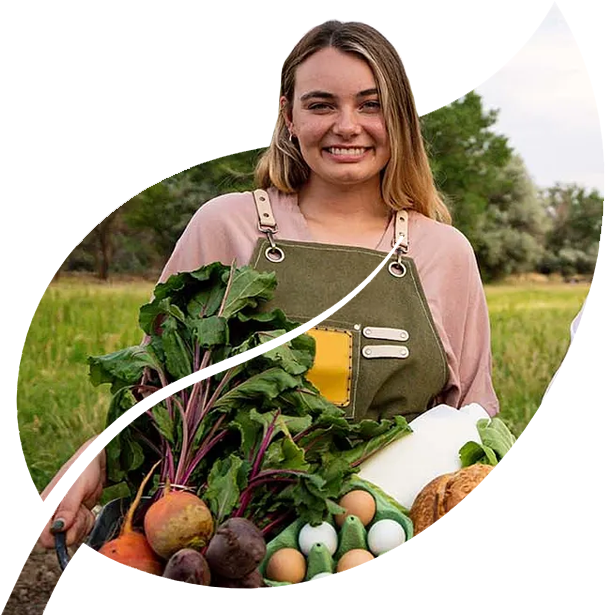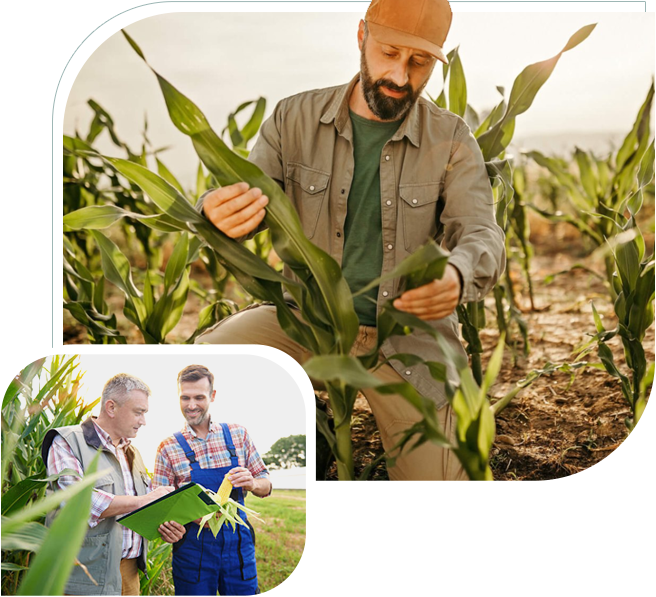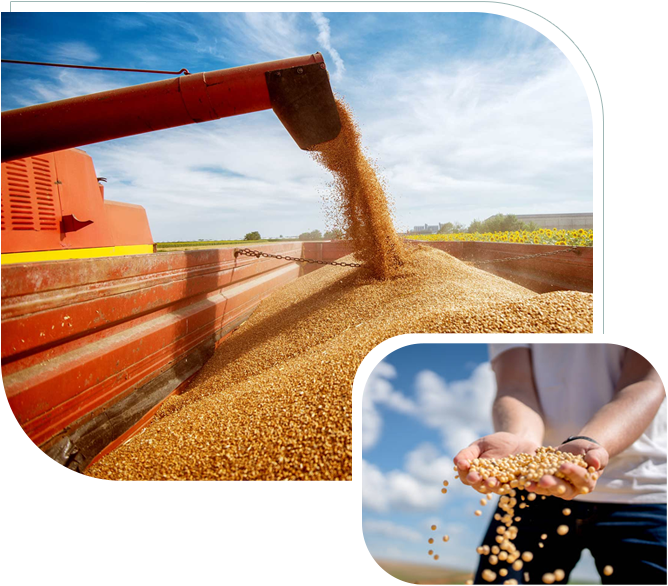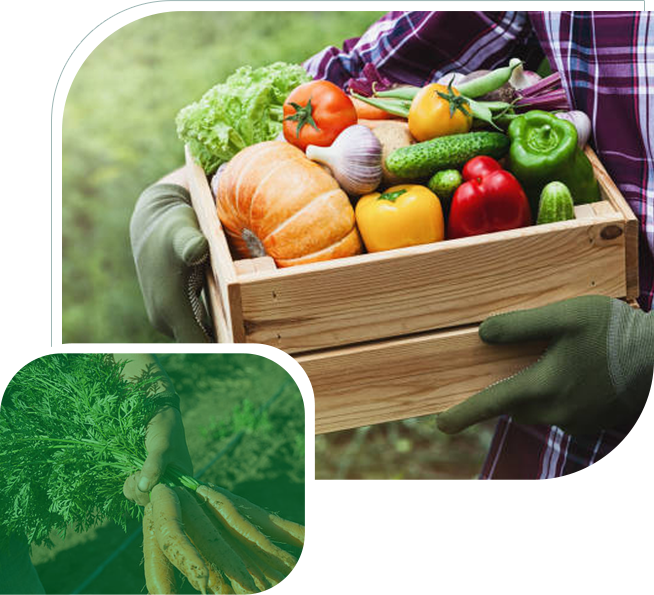Grace Breeding: Sowing Seeds of
Sustainability for the Future.
Grace Breeding is an AgClimateTech company providing sustainable agricultural
solutions for sustainable food supply

Secure the Food Supply of Tomorrow
Tomorrow’s world is very different, especially climatically. That’s why we need to get started now and make changes for a better future. Grace Breeding bio-fertilizer is part of the solution, enabling farmers to replace chemicals while maintaining the food supply that is necessary for a growing population.
“Naturally simple” is our motto. Grace Breeding is disrupting agriculture including bio fertilizers, soil quality restoration, carbon sequestration and crop tolerance by offering natural innovative products that reduce the environmental damage caused by synthetic fertilizers.
From the R&D center in Rehovot, Israel, our AgClimateTech company is setting a new standard. Grace Breeding works in partnership with several prestigious research institutions around the world to provide low-carbon-emission, profitable green solutions to farmers and distributors.
Are you interested in reducing carbon emissions? Do you want to protect your crops from climate change stressors??
Improve Crop
Tolerance and Reduce
Carbon Emissions in a
Sustainable Way
Our two main product lines are NFT (a proprietary bio-fertilizer) and the soon-to-be-launched WDS (a stress tolerance enhancer). Corn, soybean, mango, avocado and industrial tomato farmers from around the world are constantly messaging us to learn about the benefits.
Contact Grace Breeding for breakthrough solutions that outperform standard nitrogen fertilizer and are easy and safe to apply, with substantial economies of scale – along with a considerably lower (1:25) volume dose per hectare.
Maoz™ (NFT Biofertilizer):
For Maize
- Project in Brazil showed a yield increase of 9%.
- Reduce risk by lowering the farmer’s urea dependency
- Reduce operational costs and improve ROI by decreasing nitrogen up to 50%
- Earn more carbon credits by increasing carbon sequestration and lowering your emissions, pollution, and footprint
- Easy & simple to apply with one in-furrow application in the field.
- Hit ESG targets through soil quality restoration
- Increase yields and profitability by boosting nutrient availability Gain higher profits for distributors due to reduction in volume, storage, and transport


ProMagen™ (WDS Bioactivator):
For Soybean
- Project in Brazil showed a yield increase of up to six (6) bags of soybeans per hectare compared to synthetic methods - bringing $130 dollars more per hectare.
- Improve crop resilience, disease tolerance and ROI due to the increased yield.
- Greater control efficiency compared to traditional agricultural standards.
- Boost the efficiency of chemical and biological active ingredients and reduce the use of chemicals.
ClimaAid™ (WDS Climate Tolerance Enhancer): For Fruit and Vegetables
Projects in Israel showed a yield increase of 17% in industrial tomato production.
- Secure market access and improve ROI with increased yield
- Boost profitability by increasing quality standards and improving crop resilience
- Hit ESG targets by restoring and sustaining soil quality
- Secure ROI with improved residue management
- Expanding projects around the world
See recent video footage of our lab, greenhouse, and field-level scientific and GTM trials in Brazil and Israel. Including farmer testimonials.

How Climate
Change is Affecting
the Earth’s Crops
A NASA study forecasts climate change to affect corn and wheat production as early as 2030. With higher temperatures and surface CO2 concentrations, as well as rainfall pattern changes, corn yields could fall by 24% from current levels.
Urea, which is agriculture’s most common nitrogen source, emits more CO2 than any other industrial chemical reaction. Global production of urea is equivalent to CO2 emissions of 120 million cars annually!
Biostimulants and other natural solutions are the key to soil restoration. However, a more robust carbon credit market is needed to help set up genuine competition for traditional agriculture.
